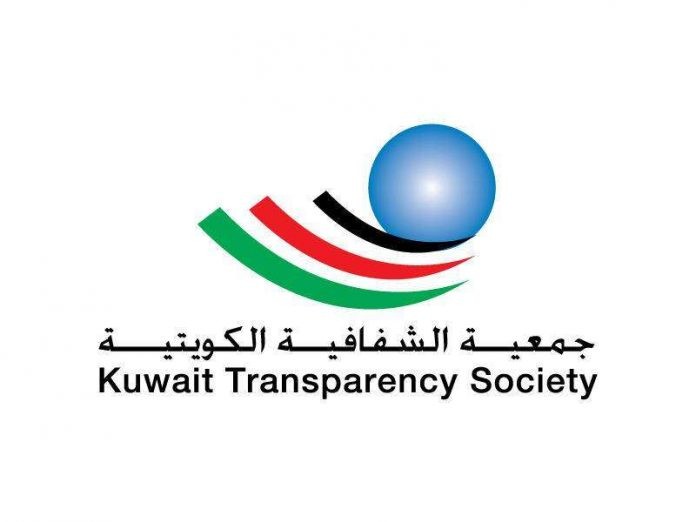A study by the Kuwait Transparency Society on the effects and intent to report corruption in Kuwait showed that 43 percent do not see it as their civic duty to report corruption, while 75 percent believe that reporting corruption is important to improving Kuwait’s foreign reputation and contributes mainly to the process of development and reconstruction, while 38 percent think someone else will report and there is no need for them to do it themselves, Al-Rai daily reported.
The study showed that 35% of the participants in the study believe that the harm from reporting corruption is high and that 58% believe that the possibility of personal harm that may be caused to them from reporting personal corruption may be high. , which may lead to a lack of public tendency to report corruption among citizens or residents.
According to the study, which included 705 people, including 618 Kuwaitis and 87 non-Kuwaitis, 31 percent believe that the government is playing the role entrusted to it to educate citizens and residents about their role, rights, and responsibilities towards reporting corruption, while 49 percent of the respondents believe that there is a shortcoming in the government role. About educating the community about reporting corruption and its seriousness and how to deal with it.
Also, 67 percent believe that state institutions are ineffective in combating corruption, while 70 percent believe that the authorities concerned with fighting corruption are ineffective and 57 percent do not trust that they play an adequate role.
70 percent believe that the competent authorities in combating corruption are ineffective, and 46 percent believe that there are no appropriate mechanisms or channels for reporting corruption.























